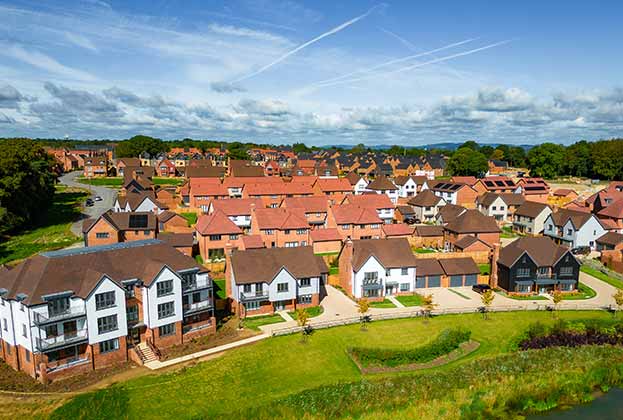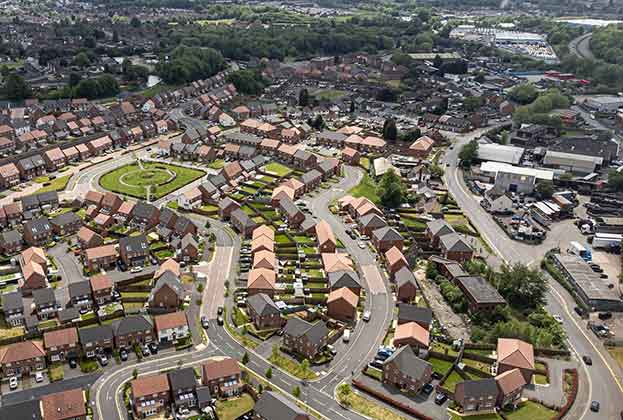In January, the Government’s Natural Capital Committee (NCC) produced a report calling for a 25 Year Environment Plan (YEP) to place Natural Capital at the heart of decision-making. Natural Capital is made up of all the natural resources – geology, soils, air, water, biodiversity, landscape – that provide valuable goods and services. So this YEP, together with the NCC's work, could define land management, planning, resource management and infrastructure for decades and shape the country our children and grand-children inhabit.
The new Housing White Paper name-checks the YEP, saying that the Government's manifesto commitment that our generation should be the first to leave the natural environment in a better condition than we found it will be taken forward through the YEP.
A Natural Capital approach sees all assets audited and any changes to them valued and assessed systematically.The national balance sheet would include Natural Capital alongside assets such as railways and hospitals, hence internalising environmental decision-making within planning for infrastructure, housing and industry. Environmental policy would be not an add-on or tweak (for example, renewable energy subsidies added to a pre-existing energy market structure), but hard-wired through auditing and accounting: it's worth noting that the NCC’s Chairman is a Professor of Economics.
The recent Industrial Strategy, the Housing White Paper, and the National Infrastructure Plan show a degree of joined up-ness with the YEP potentially providing a new way of handling environmental issues. The NCC also sees Brexit’s potential for wholesale change in the way Government intervenes in the natural environment. Flood management, for example, provides an illustration of how things might work. Decision-making in areas as diverse as farming, planning, water resources and flood defences all contributes to flood risk. The Environment Agency currently has some influence but no overall systematic control, such as of the allocation of resources to farming through the CAP or of developer contributions through CIL or S106.
In a Natural Capital approach a System Operator (maybe the EA or a different body) would bring together the disparate influences on flooding and allocate resources on an outcome-driven basis through a market. Farmers, developers, local authorities, water companies and others would pay and be paid for services designed to reduce flood risk. The market would allocate resources according to their effectiveness.
These reforms are being advocated at a time of great geo-political change, and hence also of great opportunity. The reference to the YEP within the Housing White Paper indicates the centrality of environmental affairs to wider policy and is a step towards realisation of a Natural Capital approach.
Further information
Read 'New markets for land and nature' or 'The benefits of a conservation covenant'
.jpg)








.jpg)
.jpg)